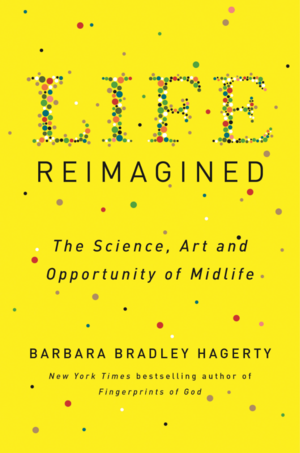Advice for New (and soon-to-be) Retirees
A few years ago the consulting firm PricewaterhouseCoopers conducted a survey to reveal what new retirees need to understand to make their retirement more meaningful and to ease this major life transition. The following are powerful insights for those moving toward retirement from those just ahead of you.
Initial Thoughts
Most of the new retirees strongly recommended keeping active, whether in volunteer work, hobbies, travel, reading, or new business ventures. Words of wisdom included:
- Use your talents and realize this is a “new beginning” and not an end.
- Set goals two to three years in advance. Good planning is helpful … focus on financial and emotional issues.
- You should develop a routine (daily) and not just allow things to happen or not happen—you really are on your own—work, family, etc.
- Learn to relax without feeling guilty about it! Stay busy, mentally and physically. Remember, it’s never too late to learn new things and improve old things.
- Make a priority list of the things you’ve always wanted to do but didn’t have the time to do. Start doing the highest-priority items immediately.
- Consider retirement a process rather than an event.
- Don’t worry about how you will fill your day. If you are reasonably active physically, have outside interests and are willing to be involved in your community affairs … you will wonder where the time flies. But nail down the finances.
Your Significant Other
A frequently overlooked but important aspect of retirement is the new or different relationship with one’s spouse. A new retiree may need to be careful not to intrude or tread on a spouse’s independent lifestyle. Spouses offered the following comments:
- Retirement is great but not for lunch.
- Remember we have lives that are already full, and don’t expect to be waited on all the time.
- Spouses have their own life in community activities. Make sure you don’t make them feel guilty when they continue their own lives.
- Be prepared for a lot of togetherness. [One wife described it as half the money, twice the husband.]
- Continue to pursue and respect other interests; take care of your health.
- Sit down and review life’s priorities. Develop a jointly agreed-upon plan, together with benchmarks concerning the high-priority items. Allow plenty of time to relax together.
Expectations
Most retirees were surprised at how easy it was to fall into a new routine. Common sentiments included:
- Instead of being bored and frustrated I found a new sense of freedom. For the first time in years I was my own boss and totally accountable for my state of mind.
- The first six months [were] lonely and depressing that your successors never ask for your advice … followed by bliss!
- How hard I thought it would be and how easy it really is.
- [I was surprised that] my handicap did not drop by 10 strokes.
- [You will be surprised by] how much you will miss the relationships and connections that you leave behind at work.
What They Would Do Differently
Lastly, new retirees were asked what they would have done differently before retiring. Most respondents said they would begin retirement planning, including financial and tax planning, at an earlier stage. Here are some insightful comments on this topic:
- Put as much of the financial/administrative side of life on automatic pilot as soon as possible. Simplify and try to get out of the middle of all the minutiae.
- We traveled extensively the first year. I would spread it out, but highly recommend travel.
- Develop a greater understanding of the income tax considerations in the year of retirement.
- I would have said appropriate farewells (good-byes) to all colleagues.
- Would have done advance planning (for post-retirement activities) one to two years before actually retiring.
Source: PwC













